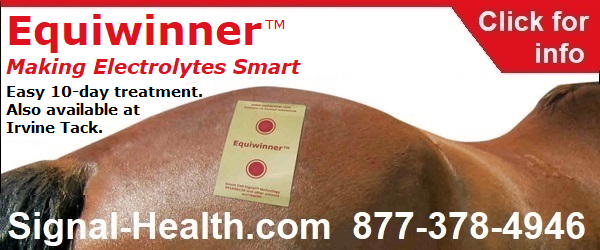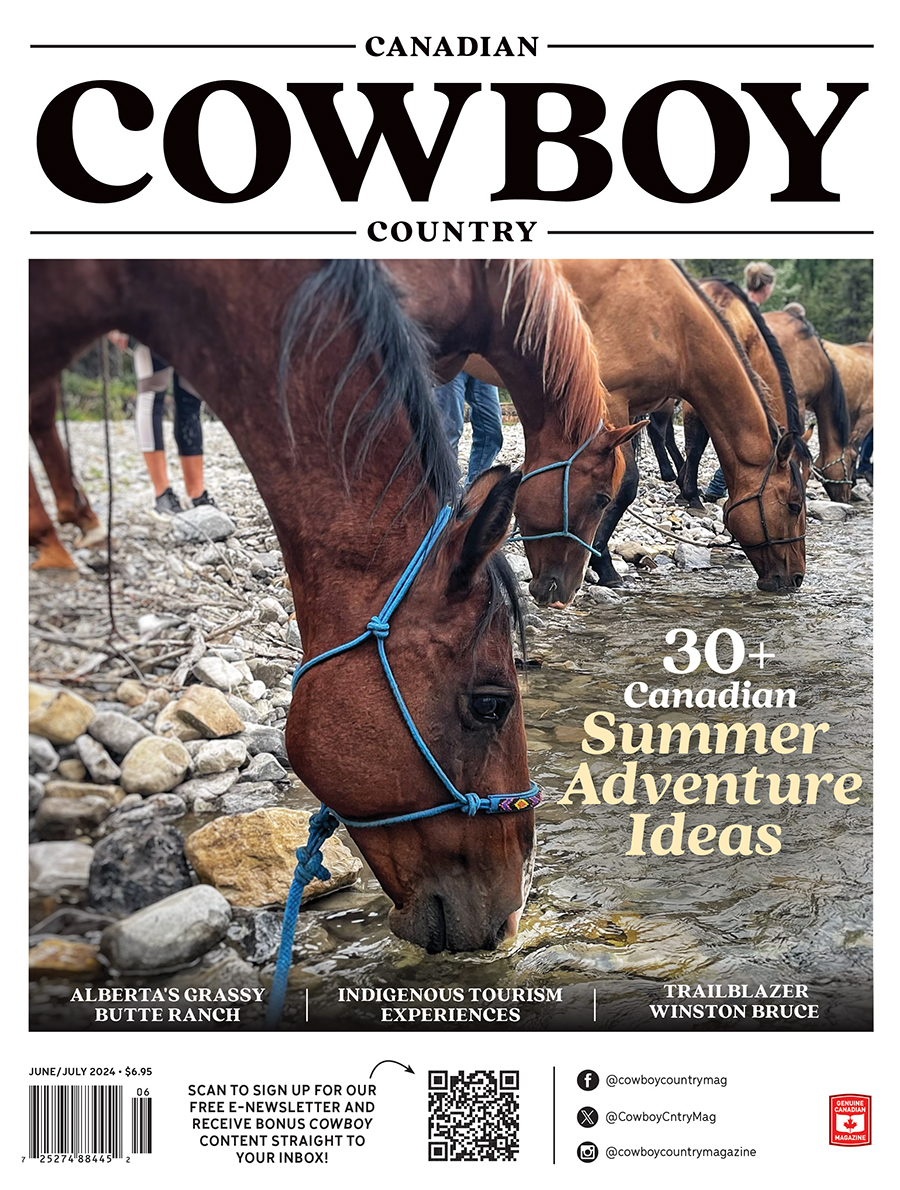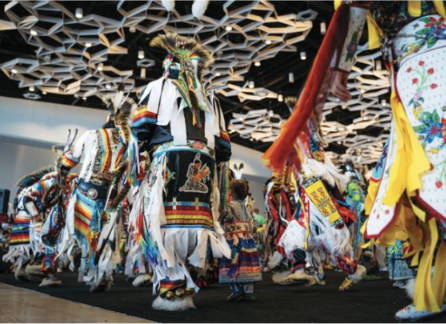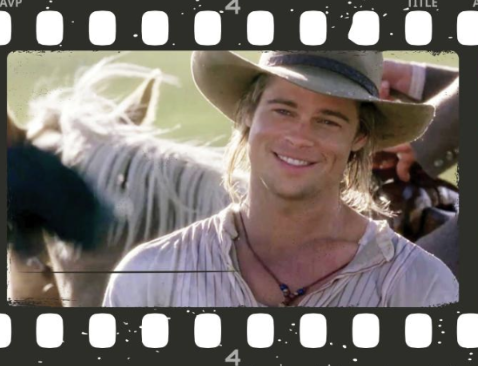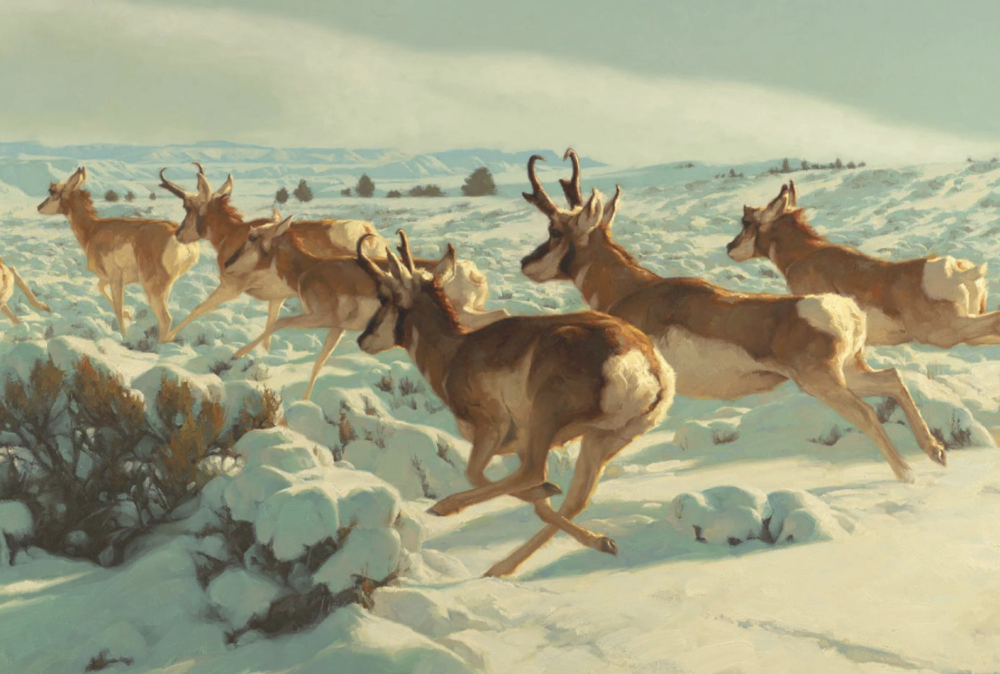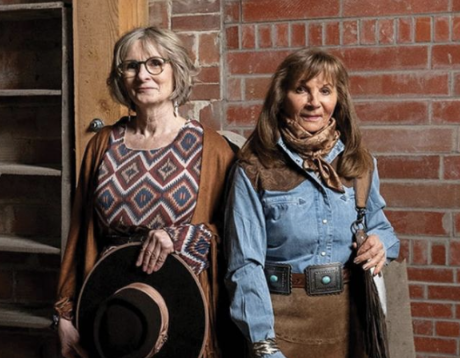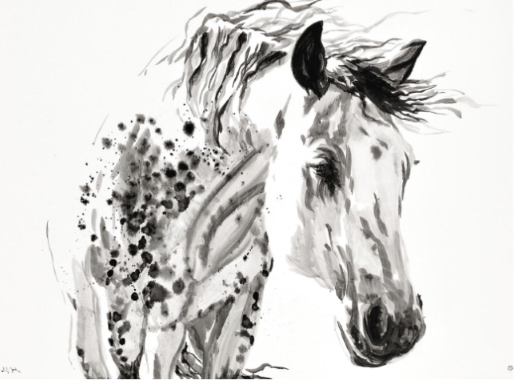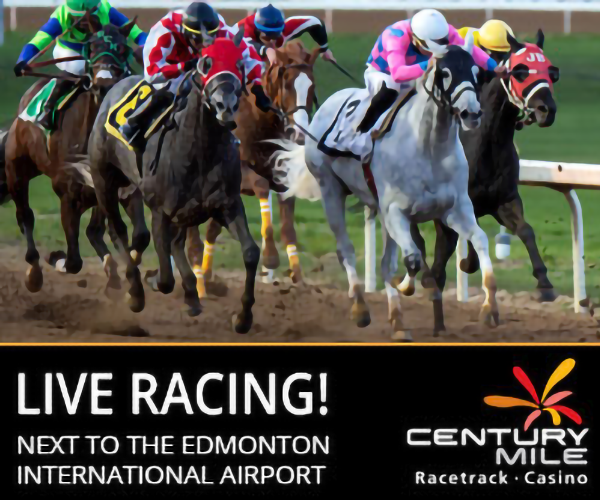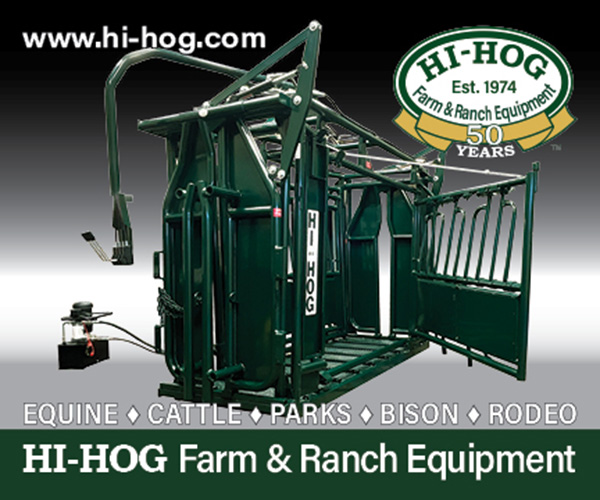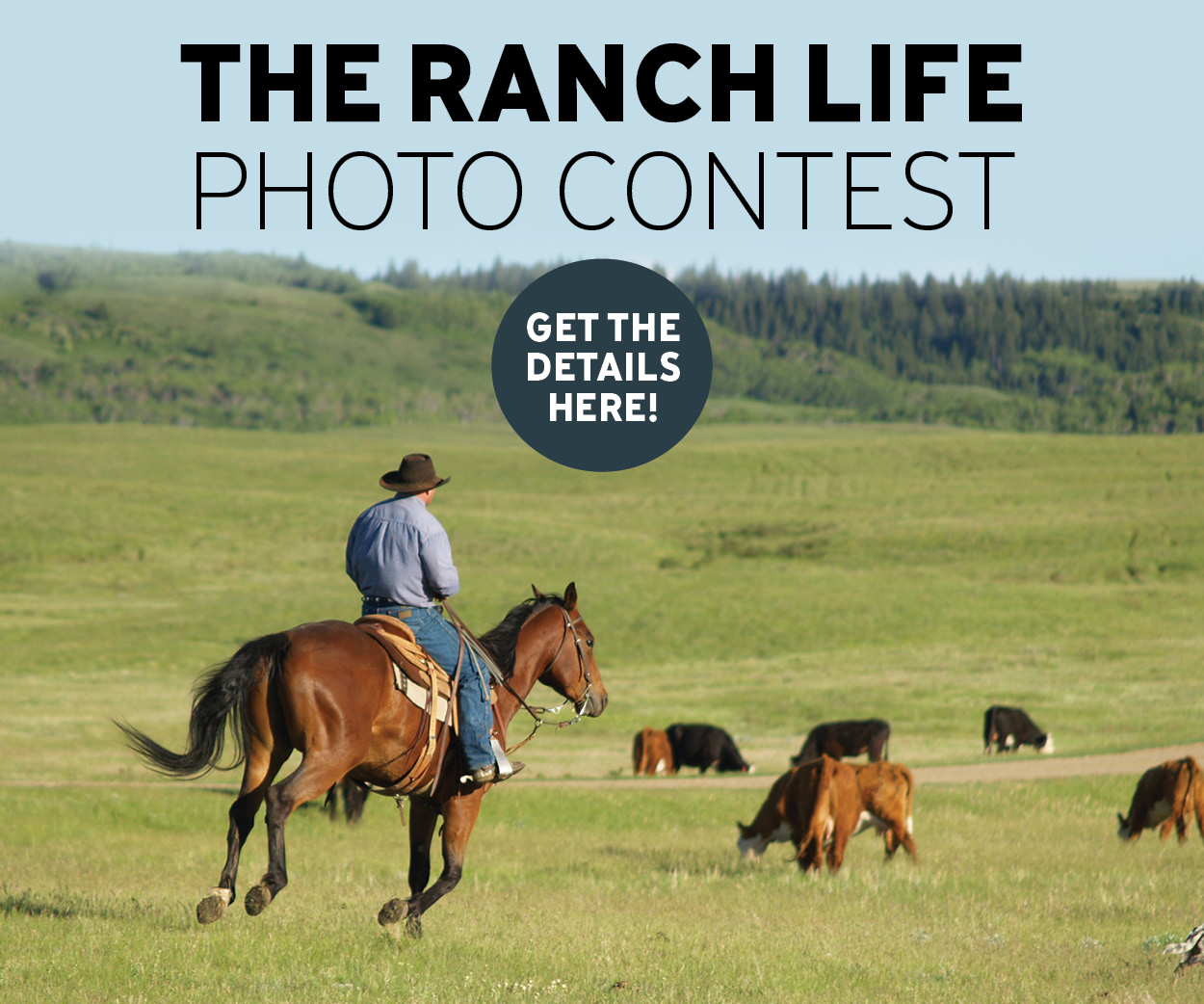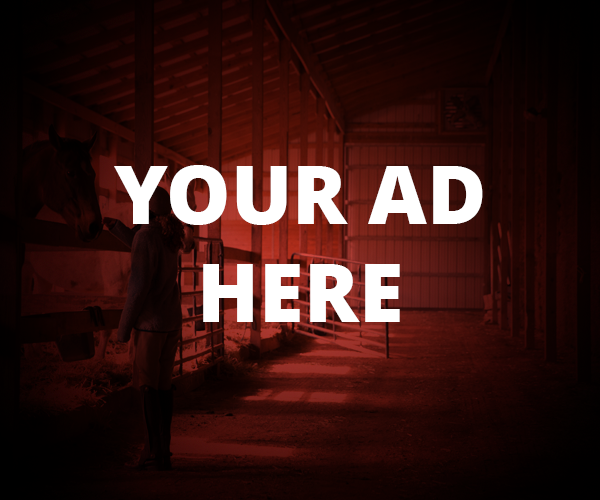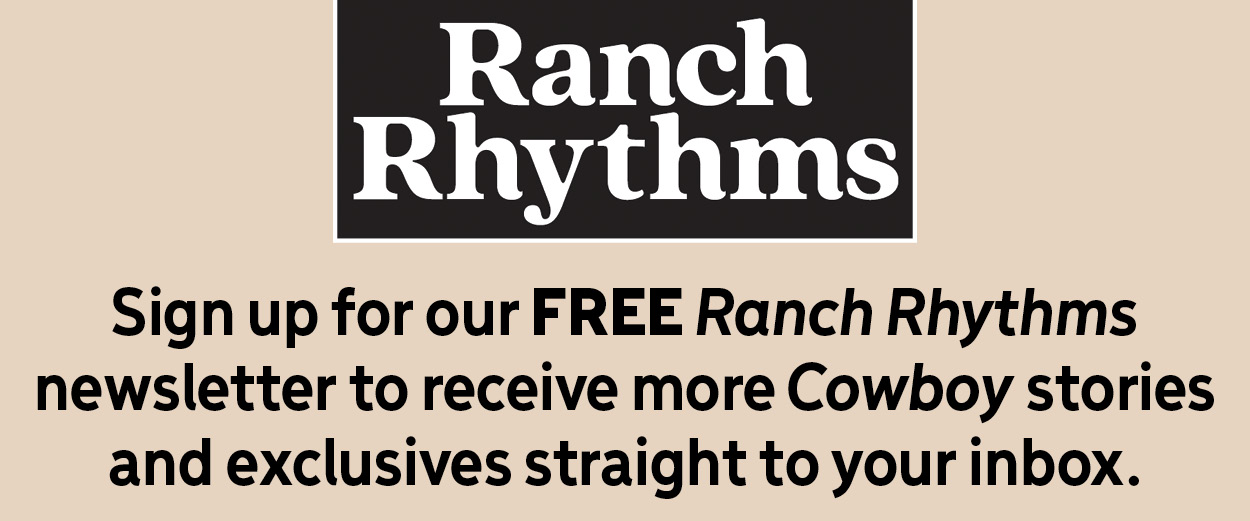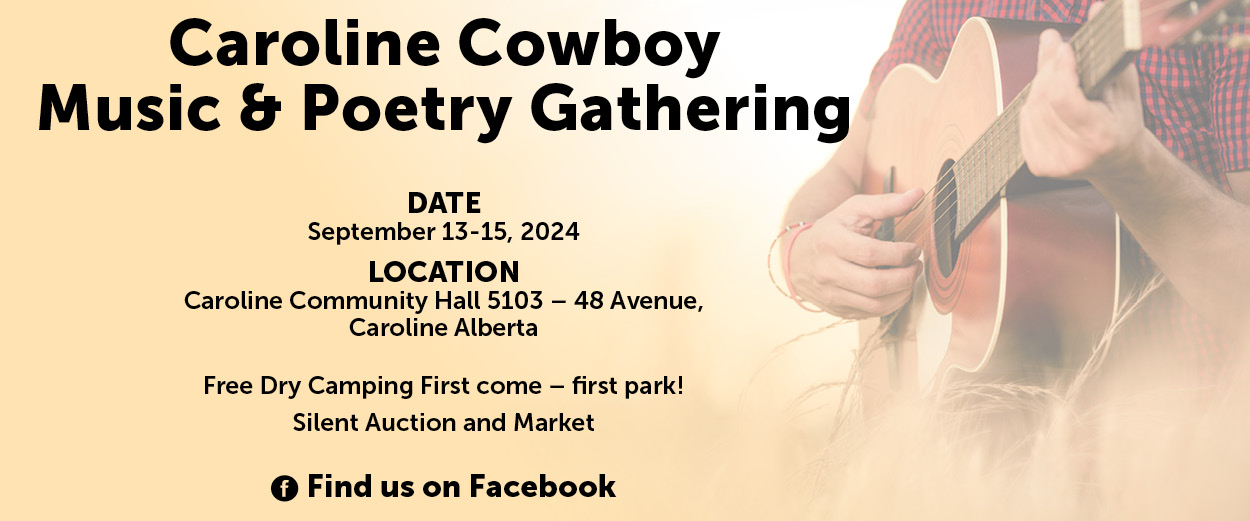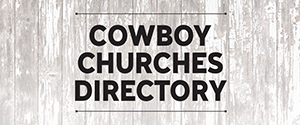Paul Nichols is a man on a mission
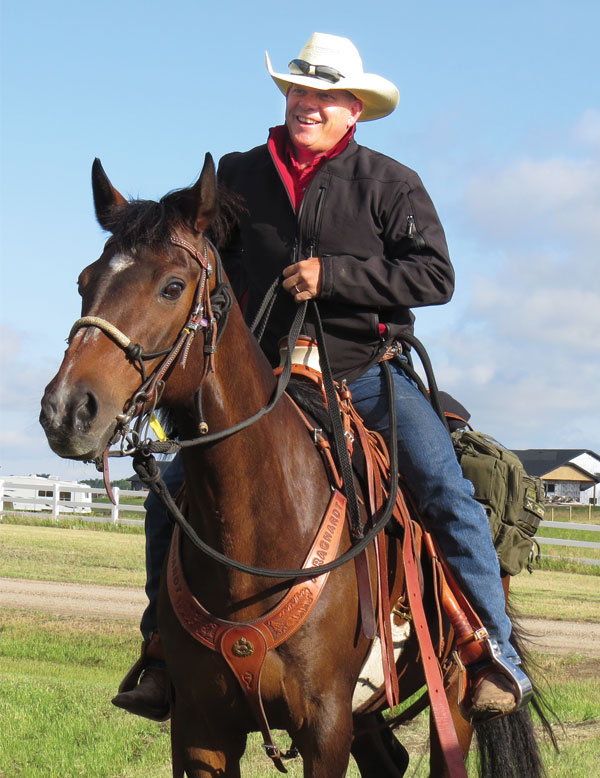
Canadian Armed Forces veteran Paul Nichols understands all too well the harrowing effects of Post-traumatic stress disorder. He rode horseback across our nation to bring attention to this health concern, and to bring awareness of the disconnect between citizens and our troops.
He served with 2nd Battalion Princess Patricia’s Canadian Light Infantry in the most significant battle for Canadian forces since the Korean War, the Medak Pocket in Croatia in 1993. He has been active with British Columbia Company of the Canadian Rangers for the past three years.
As a veteran who has operated under fire and struggled to make the transition to civilian life, he knows how lonely and difficult it can be.
Paul, his wife Terry, and their two daughters run a successful program at their Pen-Y-Bryn Farm Equine Facility near Quesnel, B.C., which is certified through both the B.C. and the Canadian Therapeutic Riding Association.
As people are discovering, horses make great therapists. Yet part of Paul’s healing from PTSD began with a sincere “thank you” in the most unlikely of places.
“I was in Vancouver and a random lady in a shop saw the Regimental crest on my jacket,” writes Paul. “She had lived through the siege of Sarajevo for two years and it was Canadian troops that got her out. She told me her story; she cried and hugged me as we talked. The people in line behind me had tears in their eyes and I realized the power of a heartfelt story. I’m a different person today because of that woman and I need to share this with my Brothers. Hopefully this will inspire other Canadians to reach out to our veterans that are struggling…”
Due to his own difficult return to civilian life, Paul and Terry formed Communities For Veterans, The Ride Across Canada, a non-profit charitable foundation.
In April 2015, they started The Ride from Victoria, B.C., with little fanfare but the media soon picked it up.
“Today (Sept. 5) we’re getting escorted into the city,” he said in a phone interview from Montreal. “In Ottawa the RCMP rode out in red serge, in Calgary the Police Mounted Unit met us, in Toronto the Governor General’s Horse Guard — now mayors and officials are welcoming us. It’s encouraging and inspiring,” says Paul.
Horses were not only his transportation, but a major part of the healing process. Paul rode it all, about 40 km (25 miles) a day. They hauled through dangerous areas such as Rogers Pass, but clocked the mileage and made it up by, for example, riding into southern Alberta, then up through Edmonton and Wainwright.
And he didn’t ride alone.
Terry led the advance party with trailers, horses and a small crew. She coordinated with communities to find veterans. If needed, they were given a riding lesson. Then they joined Paul and rode through the veteran’s hometown.
As they rode, many told their story. Some are upbeat, some heartbreaking. “We cry every day,” says Paul.
Paul’s ride is over, but his mission is ongoing.
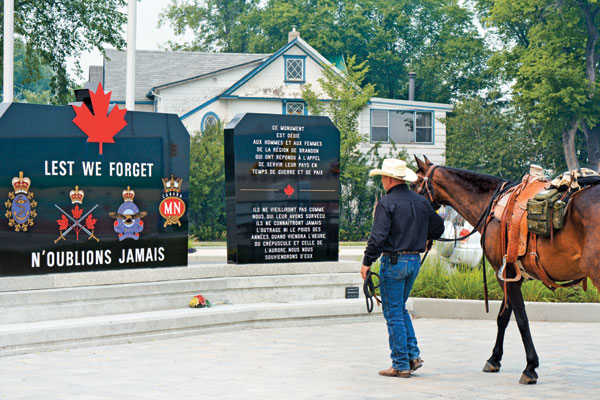
“This is an awareness campaign and fundraiser for physical and mental health issues concerning our Canadian veterans,” says Paul.
“When my granddad went to war, he joined up with his brothers and his neighbours. Now we build our units with people from across Canada, we go to these superbases, we train, we deploy, then we come back together. We still have the strong sense of brotherhood and community within the military family and we live by a code: “look after each other.” When we leave the military we no longer have that shared experience,” he explains.
“When my granddad came home there were victory parades, their community welcomed them home. When we return in ones and twos, and scatter across the country, we slide into a community that’s not really aware of who their veterans are and where they’ve been,” says Paul.
The average age of a Canadian veteran is 35.
“For me, I landed in a community that thinks a veteran is a 90-year old man; and I was in my late 20s,” he continues. “That’s when my war began. I struggled to fit; I questioned the value of my service, the value of the sacrifice. We lost a lot of good boys in the Balkans. When you start having those doubts that’s when the demons surface, that’s when we see the troubles with veteran’s suicides and family break ups.”
“I think we have a responsibility to bring that awareness to Canadians and let them know that our veterans live quietly among us. Some of our veterans need help adjusting and I personally know that timely help can change a life. We thought; who better to raise that awareness in our communities than the veterans themselves?”
Paul’s mission is simple. “If I can reintroduce Canadians to our veterans then I’ll have done my job. We’ve got three generations of troops that have done a hard job for this country.”
Has this Ride made a difference? To one soldier it has. One of the veterans that joined Paul rode through his hometown. As they passed by waving children and saluting veterans, the rider, his voice choked with emotion, said to Paul, “I got my homecoming.”
This Remembrance Day, Paul Nichols will be honoured in the opening ceremonies at the Canadian Finals Rodeo.

